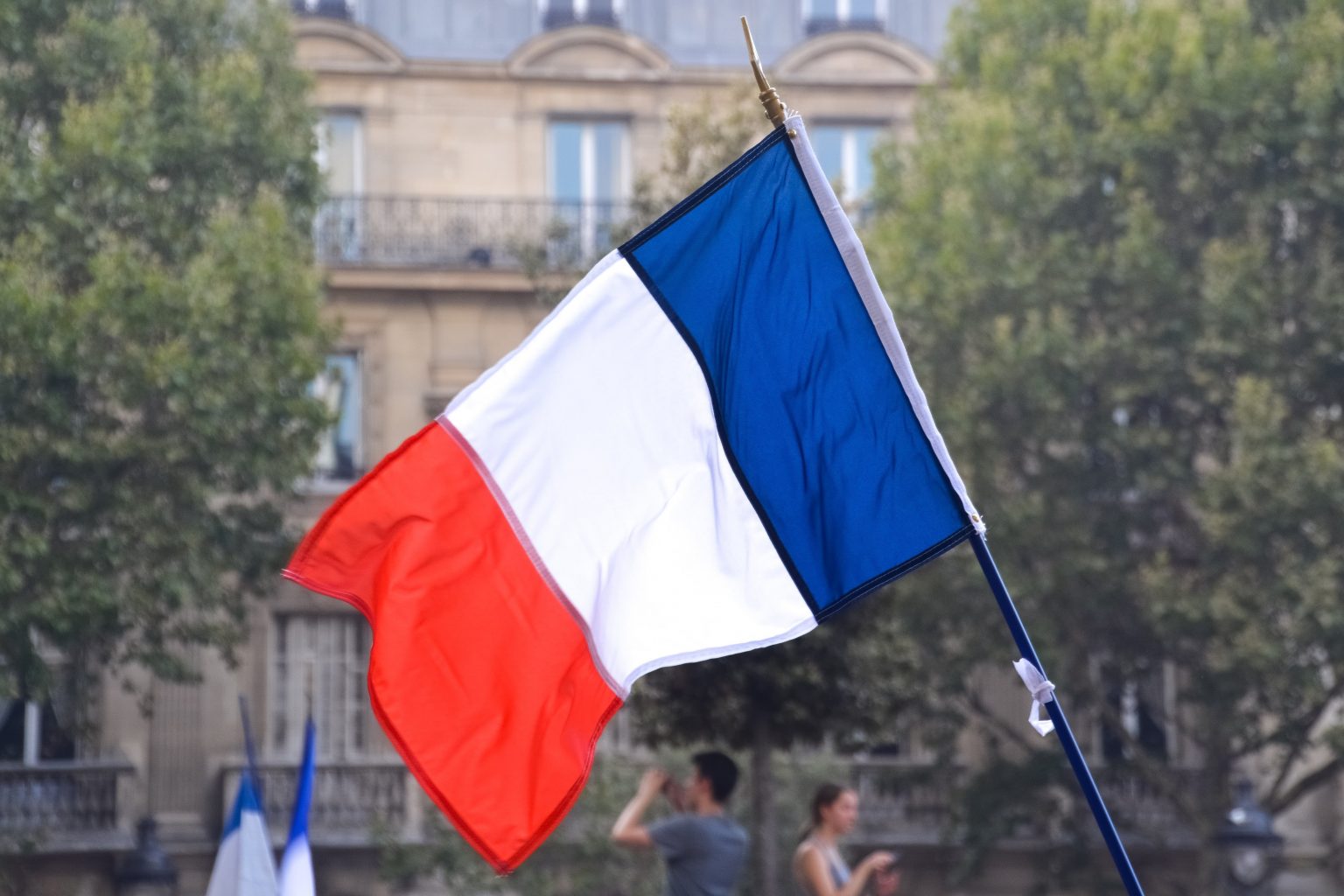With the French Presidential elections taking place on the 10th April, all the candidates have begun their campaigns. So, what is the French Election System? Who are the candidates and what are their policies?
What is the French System?
In France there is both a Prime Minister and a President. The Prime Minister is appointed by the President and are in charge of government. The current PM is Jean Castex. In comparison, the President is the ‘head of diplomacy’, meaning they meet with other heads of state and negotiate treaties in France’s name. They are also the commander in chief of all the armed forces, this gives them the ability to use nuclear weapons without the go ahead from the French Parliament.
The French Electoral system is quite different to the way in which we elect MP’s in the UK. First all candidates must gain 500 votes from elected officials. There are two rounds of voting, the first being on the 10th April, here the electorate vote, as normal, who they want to be their President. If one candidate gets 50% of the vote, they become President, if not it moves onto the second round of voting. This will take place on the 24th April, but with the 2 candidates that got the most votes in the first round. This ensures one candidate gets 50% of the vote and is thus elected.
Meet the Candidates:
As a result of needing to get 500 signatures, there are 12 people in the presidential race. According to a poll from NSPpolls and Europe Elects, Emmanuel Macron is polling at 30%, with another 4; Marine Le Pen, Eric Zemmour, Jean-Luc Melenchon and Valerie Pecresse polling above 10%.
Emmanuel Macron
He is the current President and likely to win re-election, although this hasn’t happened for the last 20 years. He is running for the party of La Republique En Marche. It is a liberal party that lies in the center ground. Key features of their manifesto are mostly based on wanting to continue their policies that they have been enacting int he last 5 years. this include tax reforms – corporate tax was cut from 33.3% to 25% in the last term – reforming the education system and reducing public spending.
Marine Le Pen
Part of the National Rally, a far right party which is currently polling at 16.7%. She is campaigning on very tough anti-immigration laws, being tough on crime and to fight against the ‘dictatorship of the EU’.
Her solid footing in the far right of French politics, which her and her father have dominated for decades, has been thrown into question as her niece publicly backed another far right candidate, Eric Zemmour.
Eric Zemmour
Another Far right candidate, part of the Reconquete party. He has been on trial for hate speech and has blamed the terrorist attack at the Bataclan concert 7 years ago on immigration. Other radical views he has include saying that ‘Islam is a civilization incompatible with the principles of France’.
France, a country with strong views of secularism since 1905, with the separation of Churches and State, does not allow any religious symbols, for example to be shown in school. Although this was expanded in a law where wearing full face coverings, such as a burqa was banned in 2011. With Islamophobic attacks increasing by 53% in 2020 views such as Eric Zemmour are becoming more mainstream.
Jean-Luc Melenchon
He is part of the left wing populist Insoumise party. This is the third time he is running for President, the unsuccessful attempts being in 2012 and 2017. He wants to increase the minimum wage, lower the retirement age from 62 to 60 and set a monthly allowance for students in higher education.
To fund these changes, there would be changes to the tax system. This includes increasing the number of tax brackets from 5 to 15 and taxing people that earn more than 400,000 euros a year at 90%.
Valerie Pacresse
Part of a right wing party called Les Republicains. They support the argument that national laws should be supreme to EU laws and want to cut spending by 50 billion euros, reduce unemployment and cut 200,000 public jobs. She is pro choice and was a key opponent to legalizing gay marriage in 2013, although has said that she would not repeal it.
Who is likely to win?
Currently, it looks like Macron is likely to win, although has said that the level of campaigning he will do is going to be hampered due to the ongoing war in Ukraine. His rival in the second round of voting is likely to be Marine Le Pen, which would be a repeat of the 2017 election.


